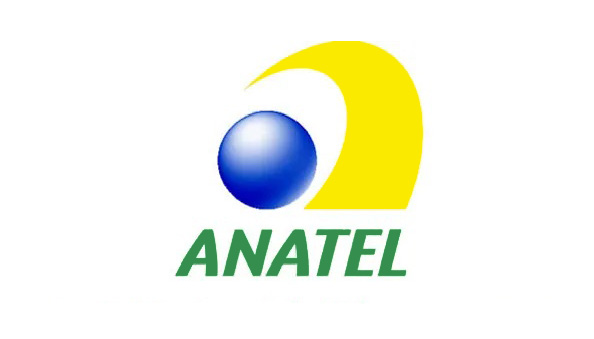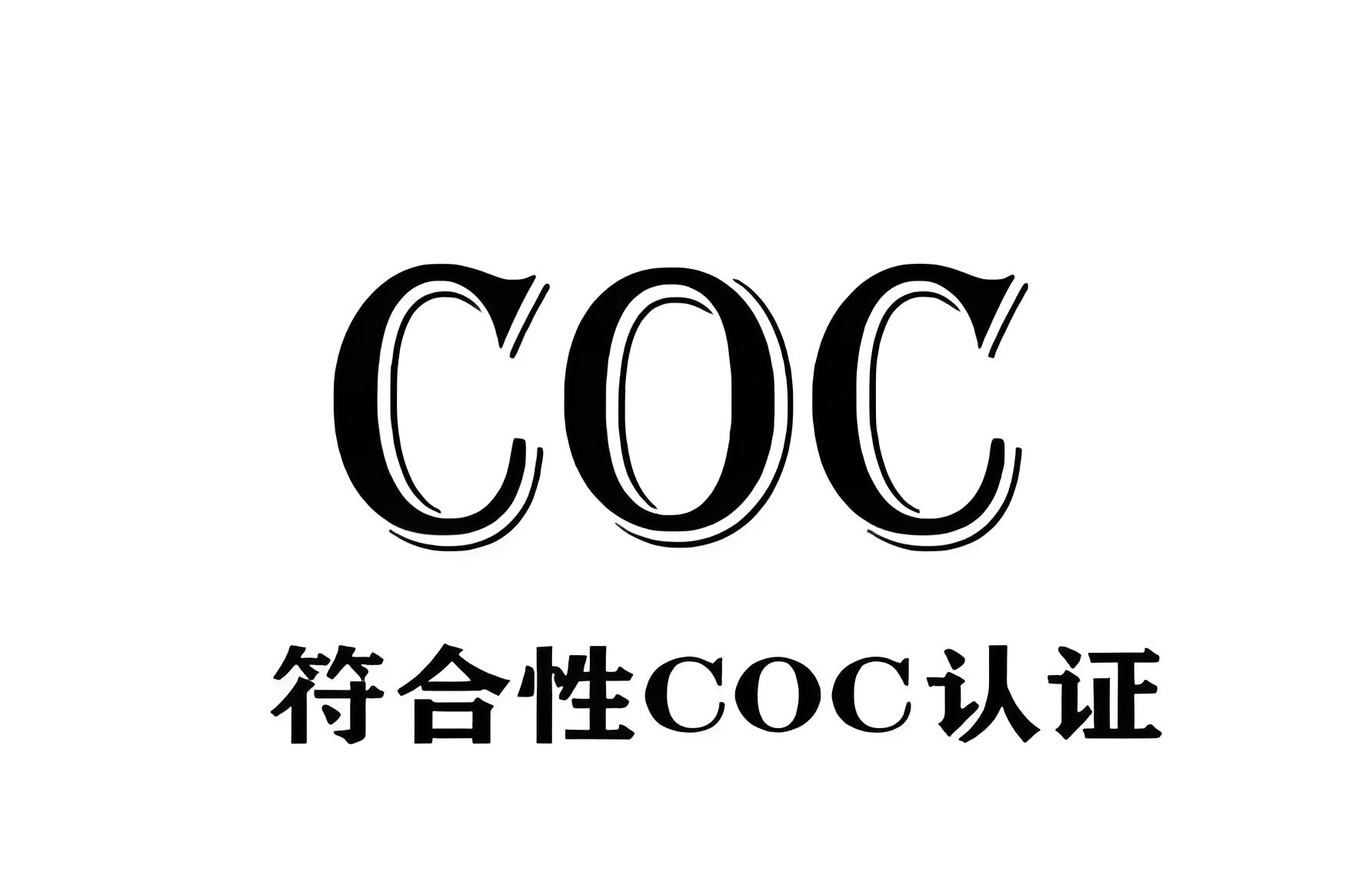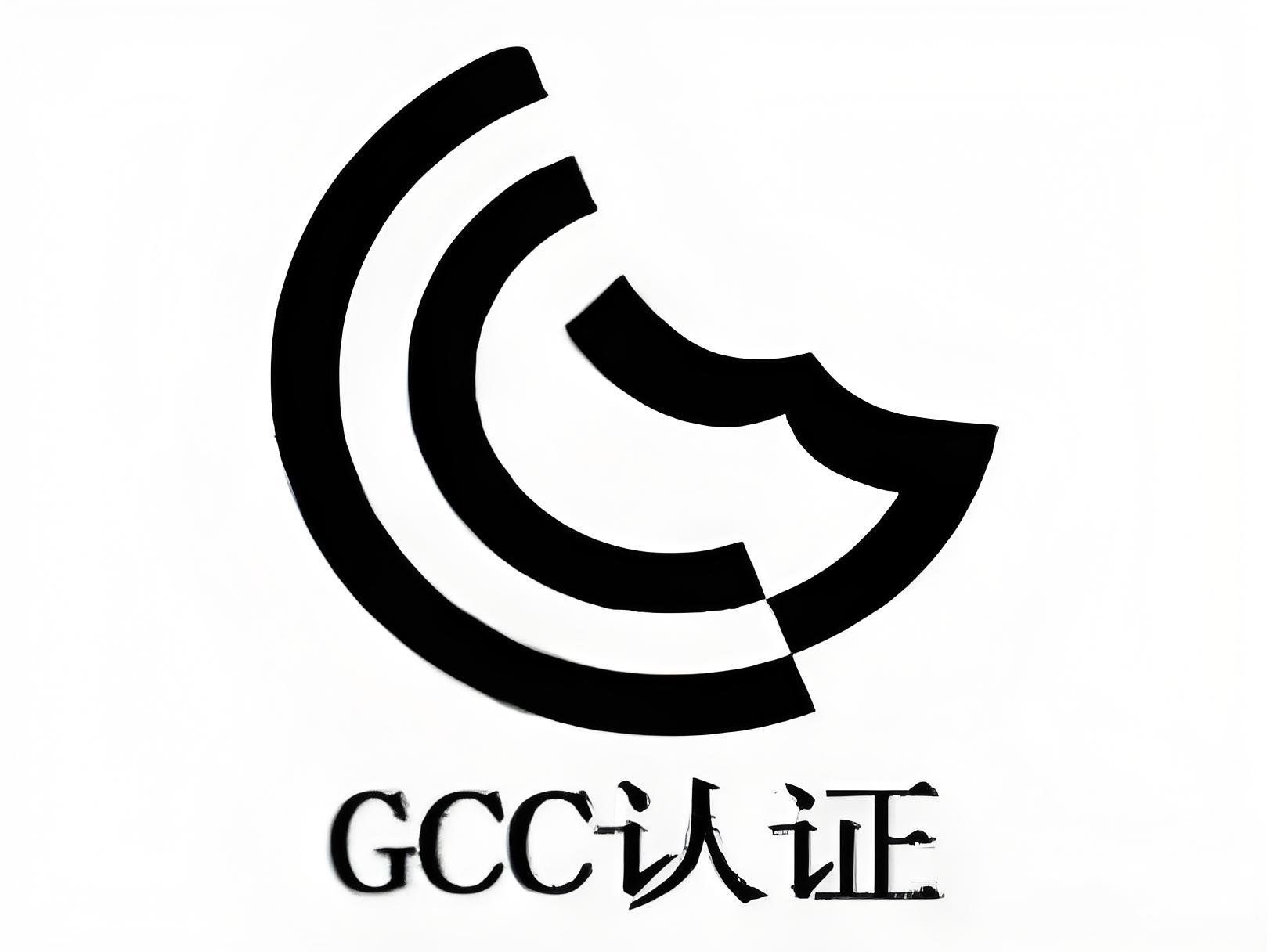1. Food, agricultural products, and pharmaceuticals. Such as packaged food, milk, and dairy products.
2. Hardware products. Such as screwdrivers, wrenches, power tools, etc.
3. Second hand products. Such as machinery, equipment, motors, household appliances, etc.
4. Building materials. All materials used for construction.
5. Chemical products. Such as tires, pencils, ballpoint pens, etc.
6. Pregnant and infant products, stationery, and daily necessities.
7. Fuel and petroleum products. Such as gasoline, paraffin, petroleum, and lubricants.
8. Textile category. Including fabrics, clothing, yarn, etc.
9. Footwear and luggage. Including leather, rubber, plastic, etc.
10. Toys and childcare products. Covering all types of toys.
11. Electronic and electrical products: including household appliances, photocopiers, computers, etc.
12. Mechanical products, such as windproof lights, locks, etc.
1. Prepare relevant materials, this is the first step in applying for COC certification. These materials include but are not limited to: commercial invoices, packing lists, product photos, IDF (Import License), and product testing reports issued by third-party laboratories.
2. Inspection process. After the enterprise prepares the goods, it conducts supervision and inspection, and provides container loading data.
After passing the inspection, the certification body will issue a draft COC certificate. Generally, it only takes 3-5 working days, and companies need to carefully check the draft content and confirm it is correct before making the payment.
After the payment is completed, the certification body will issue an official certificate.
The COC certification in Kenya is not only a necessary condition for products to enter the market, but also an important manifestation of corporate compliance and protection of consumer rights. By understanding the certification process and its importance, companies can better prepare relevant documents, successfully complete certification, and ensure the smooth entry of products into the Kenyan market. If you want to learn more about COC certification or have products that require COC certification, please feel free to contact our company at any time!


ANATEL certification is a mandatory certification for telecommunications equipment or related equipment by the Brazilian National Telecommunications Administration (Agência Nacional de Telecomunica??es), including wireless communication equipment, wired communication equipment and related auxiliary equipment; this certification ensures that telecommunications equipment sold in the Brazilian market meets Brazil\'s technical standards and regulatory requirements, and guarantees the product\'s quality requirements such as radio frequency, electrical safety, electromagnetic compatibility, and electromagnetic exposure. If the product entering Brazil does not complete ANATEL certification, it may face fines, seizures, and other penalties.

COC certification in Algeria is a mandatory certification for products exported to Algeria, ensuring that the products comply with the country\'s safety, quality, and technical standards. The certification process includes document review, product testing, and factory inspection. Products that pass certification can be legally sold in the local market, protecting consumer interests and promoting fair trade.

GCC certification is the abbreviation for Gulf Cooperation Council certification, which is a mandatory certification requirement for products entering the market in Saudi Arabia and other countries in the Gulf region.
The COC certification in Kenya is not only a necessary condition for products to enter the market, but also an important manifestation of corporate compliance and protection of consumer rights. By understanding the certification process and its importance, companies can better prepare relevant documents, successfully complete certification, and ensure the smooth entry of products into the Kenyan market.
Get a quote